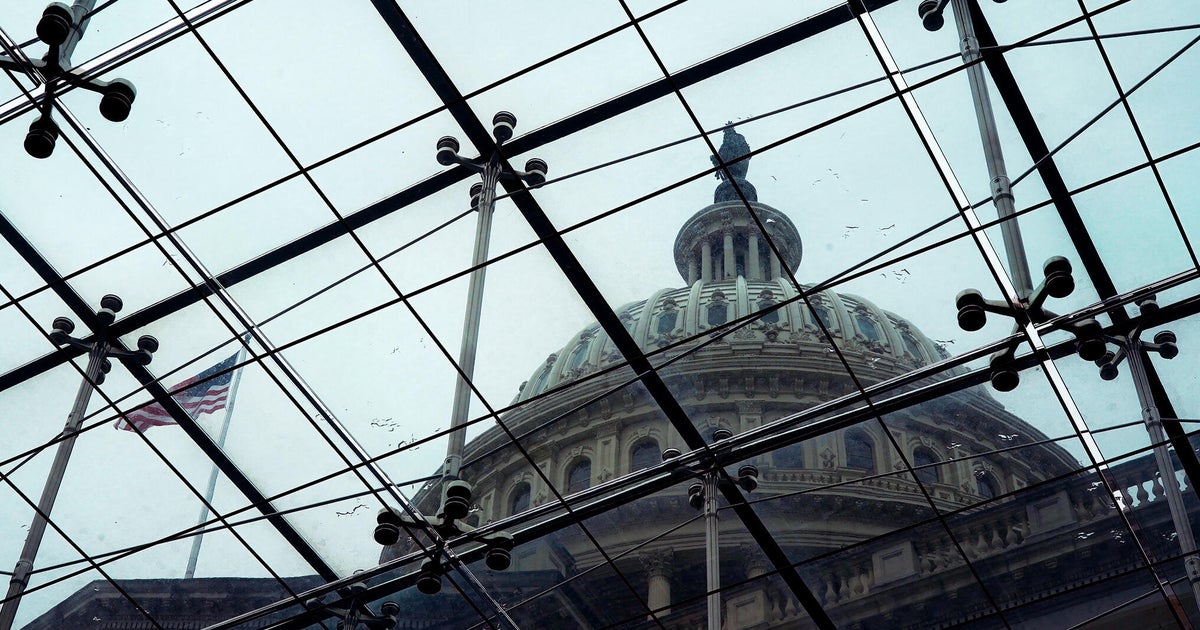How Trump's threat to sink Obamacare could hit you
The fight over the Affordable Care Act is far from over. The newest front is President Trump's threat to end what he calls "bailouts for insurance companies."
What Mr. Trump terms bailouts are called cost-sharing reduction payments (CSRs), or payments the federal government makes to insurers to compensate them for providing lower-deductible plans to low- and middle-income enrollees. The payments are no stranger to controversy, given they're currently the focus of a lawsuit after the GOP-led House challenged their legality.
If Mr. Trump does end those payments, it raises questions about how it will affect the health insurance market and individuals who get their coverage through it. The payments are slated to cost the government $7 billion this fiscal year and $10 billion in 2018, and withdrawing that support could have a ripple effect through the health care economy.
The bottom line, experts say, is the payments' elimination is likely to hurt consumers who buy their insurance through the ACA exchanges and throw the marketplace into greater turmoil.
"Low-income people will not see an increase in premiums, but the middle class, who are not subsidized, will see the impacts directly," said Dr. Mario Molina, CEO of Molina Healthcare. "Those who supported Trump, essentially, will get hurt."
While the CSRs aren't pocket change, taxpayers could end up footing an even bigger bill if the Trump administration shuts off the spigot, according to the nonpartisan Henry J. Kaiser Family Foundation, which studies health care issues.
That's because premiums would likely rise as insurers cope with the fallout from the decision, and that would result in the government paying more in subsidies to offset those higher premiums. Altogether, it could cost the federal government $31 billion more over a decade than if it continued with the payments, Kaiser found.
While premiums have increased considerably over the last year, what the Trump administration does next could have a large impact on pricing trends going forward.
"It's important to lay out the consequences of not paying these payments, because they're not what the president thinks they are," said Andy Slavitt, former acting administrator of the Centers for Medicare and Medicaid Services. "This is money that goes directly to low-income individuals. If you lay out the fact they're not paid, you'd like to think that would have an impact on the White House's thinking."
Cutting the CSRs could also ripple through the market if healthy consumers decide it's not worth the higher costs to stick with the ACA, said Linda Blumberg, senior fellow at the Urban Institute.
"Many of these people leaving the nongroup market could also increase premiums for higher-income people who would remain in the market, since many of those enrolled with tax credits are healthy," said Blumberg. "And if many of them leave the market, it means the average health care risk of those that remain would increase, as would their premiums."
On top of the impact on consumers, the health care industry would also face additional challenges, including an increase in uninsured patients and people seeking care through emergency rooms.
"Most people don't like chaos in the system because it's harder to manage health care," said Ben Isgur, leader at the PwC Health Research Institute. "From an industry point of view, no, there's not an upside" to ending the CSRs.
He added, "For doctors and for health systems and hospitals, they want people who have insurance who can pay for their care and whom they can manage. If you are an insurance company, you generally want more customers, not less."
Whatever happens, the indecision in the marketplace isn't helping the health of the ACA, experts said. "If the policymakers keep stringing this along and don't make a clear policy decision, 2018 marketplace premiums can be expected to increase markedly as an insurer defense mechanism, and choices may diminish if insurers exit," Blumberg noted.
Here are some of the ways a decision to end the CSRs could hit your wallet:
It could affect premiums for ACA plans. Insurers would likely increase premiums to offset the loss of the CSR payments, with an estimated hike of about 20 percent, said Karen Pollitz, senior fellow at the Kaiser Foundation. But because lower-income consumers receive government subsidies to offset their premiums, the impact would be mainly felt by upper-income Americans who buy their plans through the marketplaces. "It may become unaffordable for people who are paying their own way," PwC's Isgur said.
It could change deductibles for ACA plans. Low- and middle-income consumers who benefit from the CSRs could face higher-deductible plans. For instance, the payments reduce a roughly $3,600 deductible for people who make less than 150 percent of the poverty level to $255, according to the Kaiser Foundation. Without the payments, more consumers will ask whether they can afford their plan's deductible, Isgur says.
More insurers could drop out of the ACA marketplaces. That's a possibility, but insurers have until Sept. 27 to contract with the marketplaces, said the Kaiser Foundation's Pollitz. "Insurers could say, 'We're out,'" she said. "If that happens, low-income people would be affected because if there are no plans, then you can't have any subsidies."
Workers with employer-based plans could see changes. It's an indirect impact, but the destabilization of the ACA marketplace could make it more expensive for entrepreneurs to find health care. That could result in "job lock," which is when workers decide against shifting jobs or starting their own businesses because they want to keep their current employer-based health care, Isgur said.
If Trump cuts the payments, how quickly could it affect insurance plans? Almost immediately, said Kaiser's Pollitz. The federal government makes the CSR payments at the end of each month, and it has already paid for July. That could end as soon as August, which would quickly ripple through the insurance market. "If the administration were to cancel today, it's possible some insurers may try to exit the market before the end of the year," she said. "People are nervous."
-- With reporting by Emily Tillett



